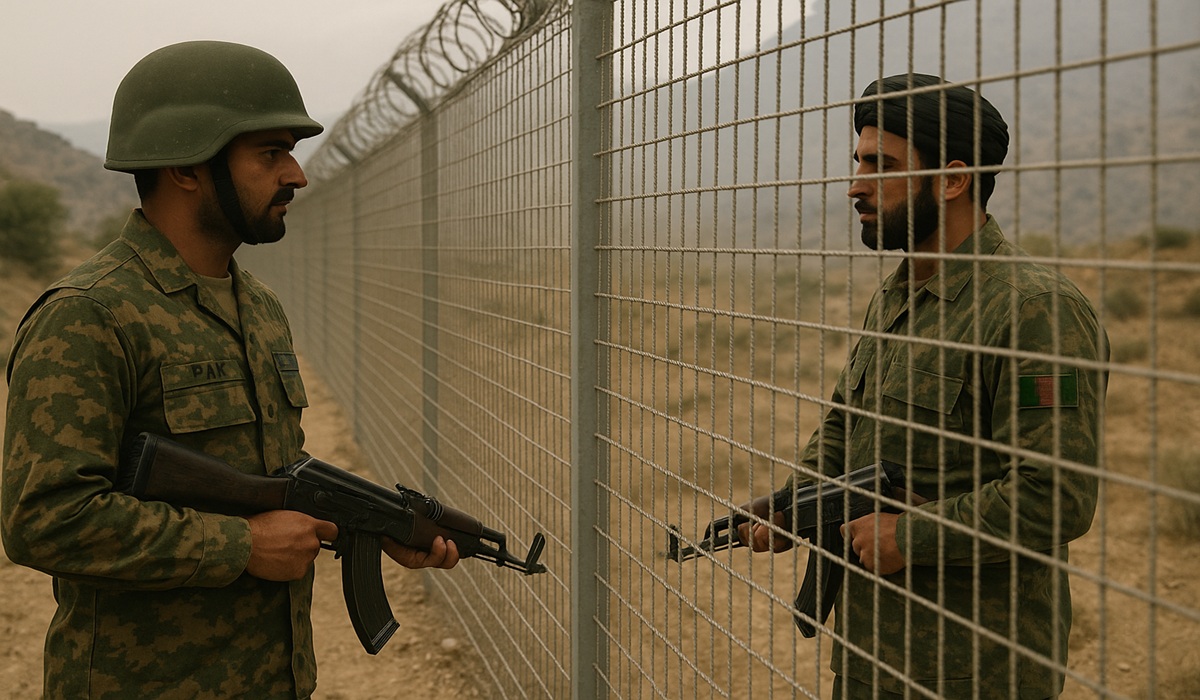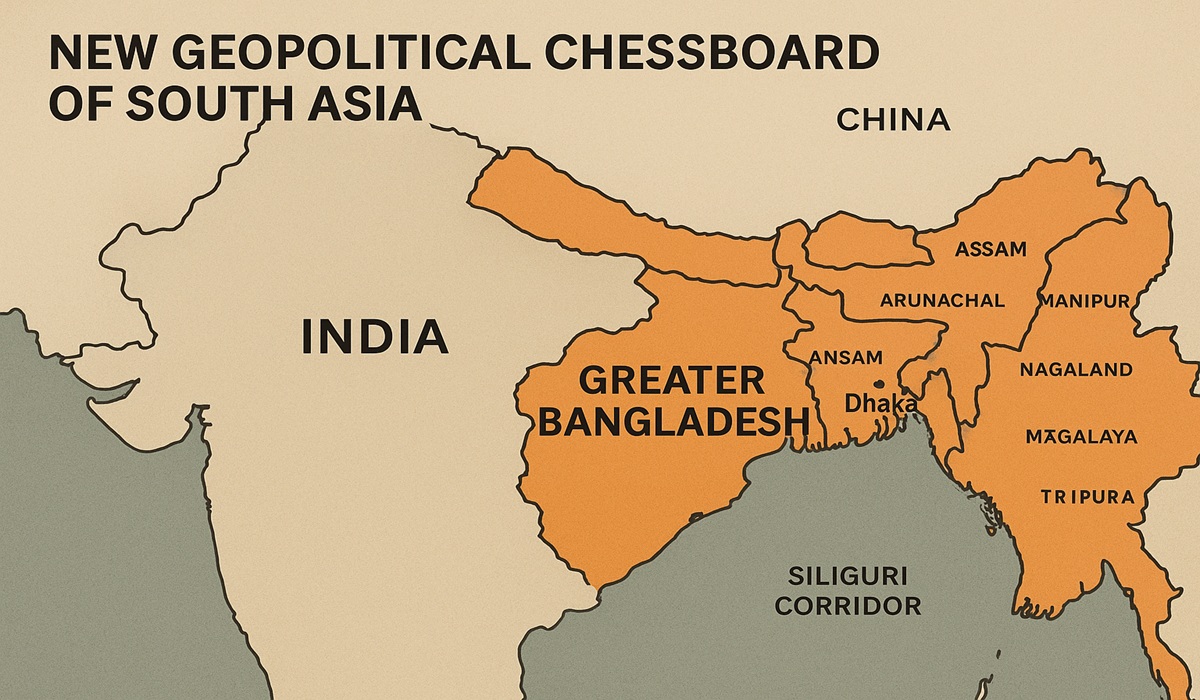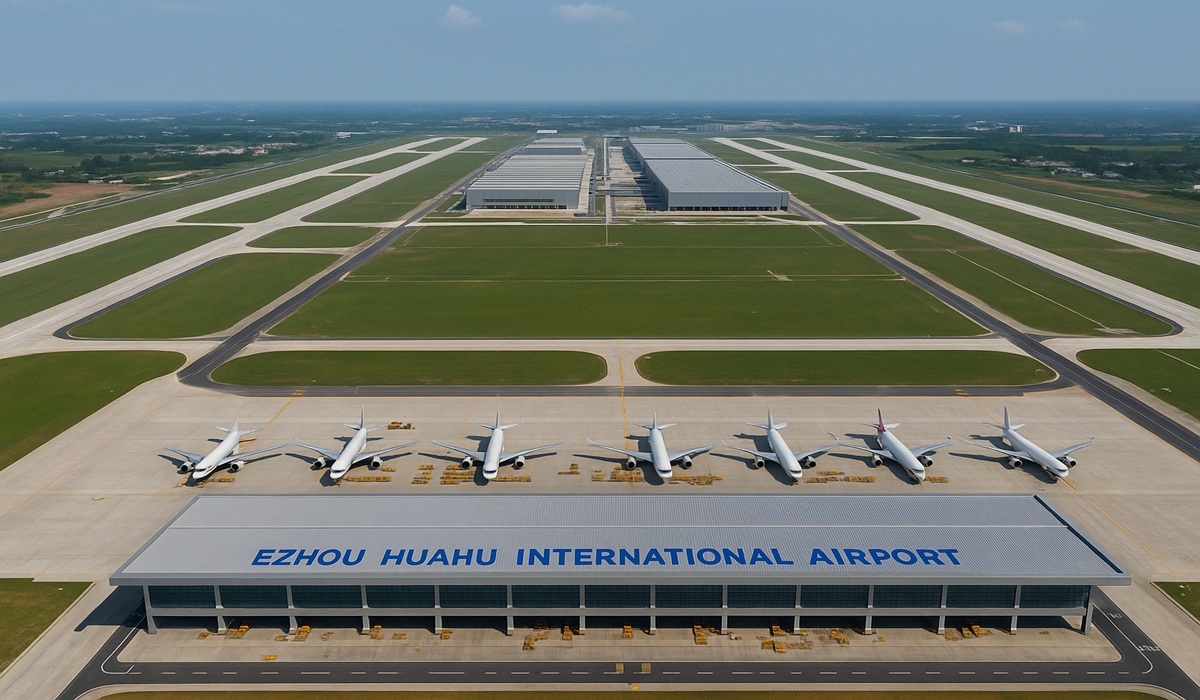The Middle East at a Crossroads: What Comes Next?
- Bakhtawar Naveed
- Middle East
- Trending News
- September 20, 2025

Image Credit: ErikaWittlieb
For decades, wealthy Gulf Arab nations have positioned themselves as oases of stability in a region plagued by conflict. They have built gleaming capitals and fast-growing economies powered by millions of foreign workers drawn by opportunity and a tax-free lifestyle.
These countries now face a sobering reality: they are not fully equipped to address the threat posed by Israel, as their security relies heavily on a defence partnership with the United States, which explicitly maintains Israel’s qualitative military edge. The Gaza war, which began thousands of miles from their borders nearly two years ago, is now edging closer, challenging long-held assumptions of safety. This year, that sense of security was shattered when two regional powers carried out direct strikes on a Gulf country for the first time.
In June 2025, Iran targeted an American airbase in Qatar following US strikes on Iran’s nuclear facilities. Then, in September, Israel launched an attack on Hamas’ political leadership in Doha during peace talks. With limited military options to retaliate, Qatar pledged a collective regional response, which is under consultation and was expected to be discussed at an Arab and Islamic summit in Doha.
The most immediate reaction came from the UAE, which maintains close ties with Israel. President Mohammed bin Zayed Al Nahyan arrived in Doha with a large delegation less than 24 hours after the attack. Qatar was the first stop on a Gulf tour that also included Bahrain and Oman to coordinate a response. The UAE summoned an Israeli diplomat to denounce the attack.
Leaders across the region are weighing actions that demonstrate unity and deter further Israeli strikes, though options are limited. The UAE could downgrade diplomatic relations with Israel or reduce its involvement in the Abraham Accords – the normalization agreement between Israel and three Arab countries that was a major US foreign policy achievement under President Donald Trump. Immediate action is critical; without it, other capitals could be targeted next. The UAE had already expressed discontent with Israel prior to the Doha strike, and Qatar successfully lobbied for a unanimous UN Security Council statement condemning the attack.
Israeli plans to annex parts of the occupied West Bank would cross a red line, undermining the spirit of the Abraham Accords. Qatar could also step back from its role as a mediator between the US and its adversaries. Historically, Arab nations have not played a major role in supporting international proceedings against Israel, but that could change as the bloc seeks collective engagement in legal and diplomatic measures.
The Peninsula Shield Force, a 1980s-era military pact designed to deter attacks on member nations, could also be activated. While internal tensions have persisted, mutual defence treaties remain in effect. These mechanisms, previously theoretical, could now be realised through a unified command, integrated air and missile defence systems, and the development of independent military capabilities. Most Gulf nations rely on US hardware and host American bases, but recent perceived failures in defence may push them to diversify partnerships or demand stronger guarantees.
Finding regional consensus is complicated by domestic interests and the risk of straining relations with the US, Israel’s primary supporter. Yet the Israeli attack could prompt structured dialogue with the Trump administration on the terms of security partnerships, moving beyond arms purchases to clear, enforceable guarantees that include accountability when US commitments are ambiguous.
Economic measures are also on the table. Arab countries could boycott companies with substantial stakes in the Israeli economy. Saudi Arabia, the UAE, and Qatar collectively pledged around three trillion dollars in US investments during Trump’s first foreign visit of his second term. These investments are premised on a secure Gulf environment, and recent events have shaken confidence. With Israel contributing to instability, Gulf wealth may flow elsewhere to ensure both security and better returns.
Strategic cooperation, such as that emerging between Saudi Arabia and Pakistan, is already being framed as a response to perceived US failures to protect Qatar. Moving forward, Middle Eastern nations will need highly trained forces capable of defending their territories. For a safer, more confident future, Gulf countries can acquire advanced military hardware and professional training from partners including Pakistan, Türkiye, Russia, and China.








